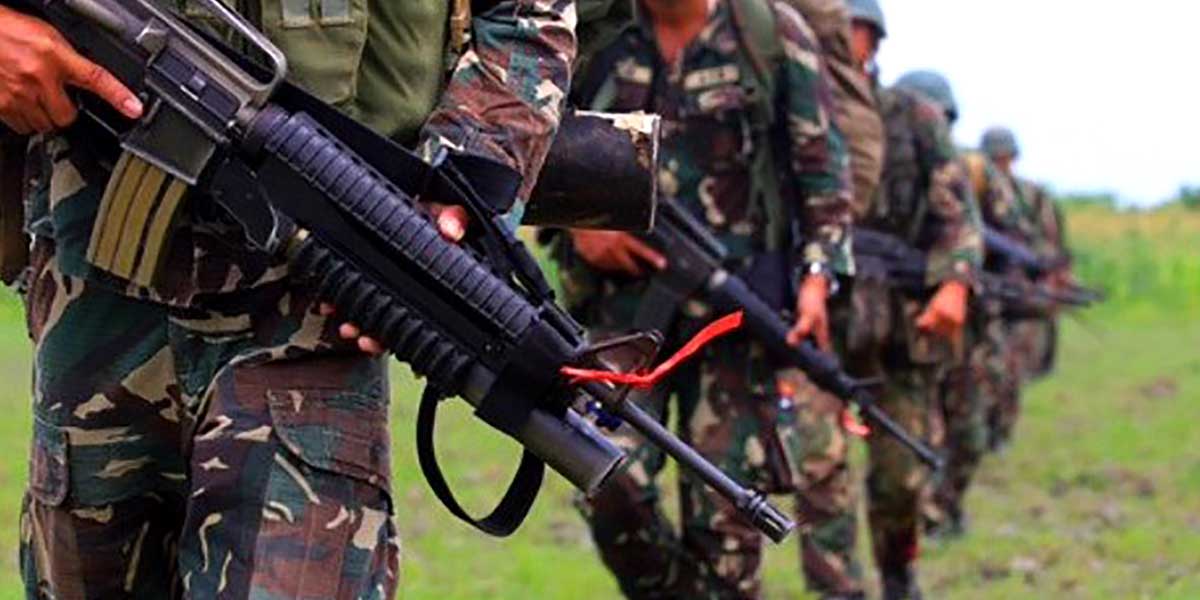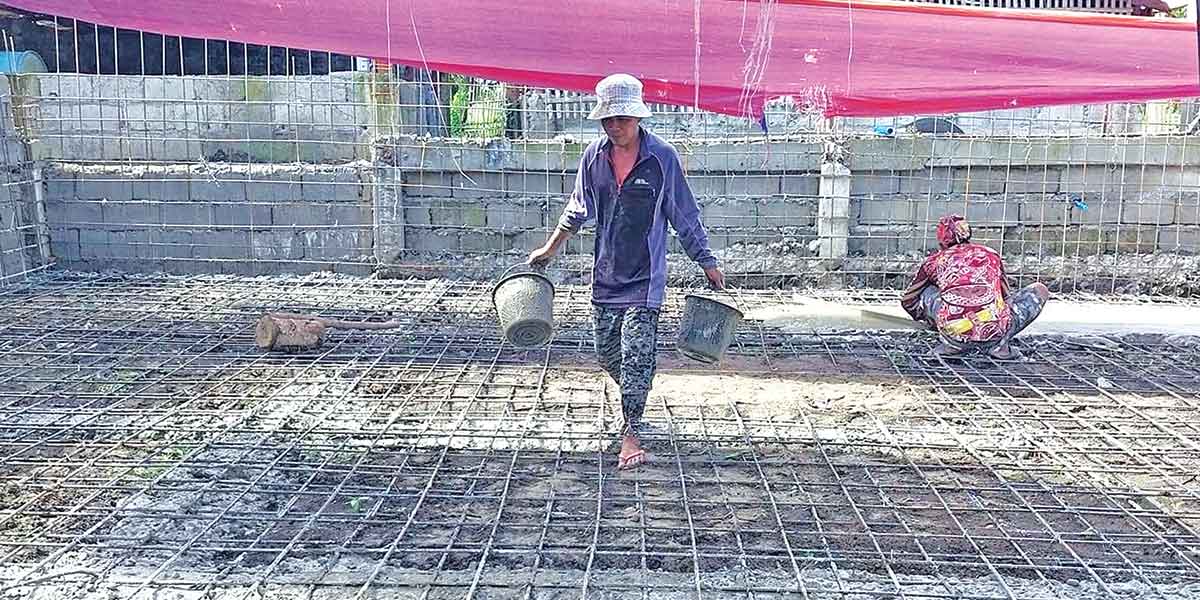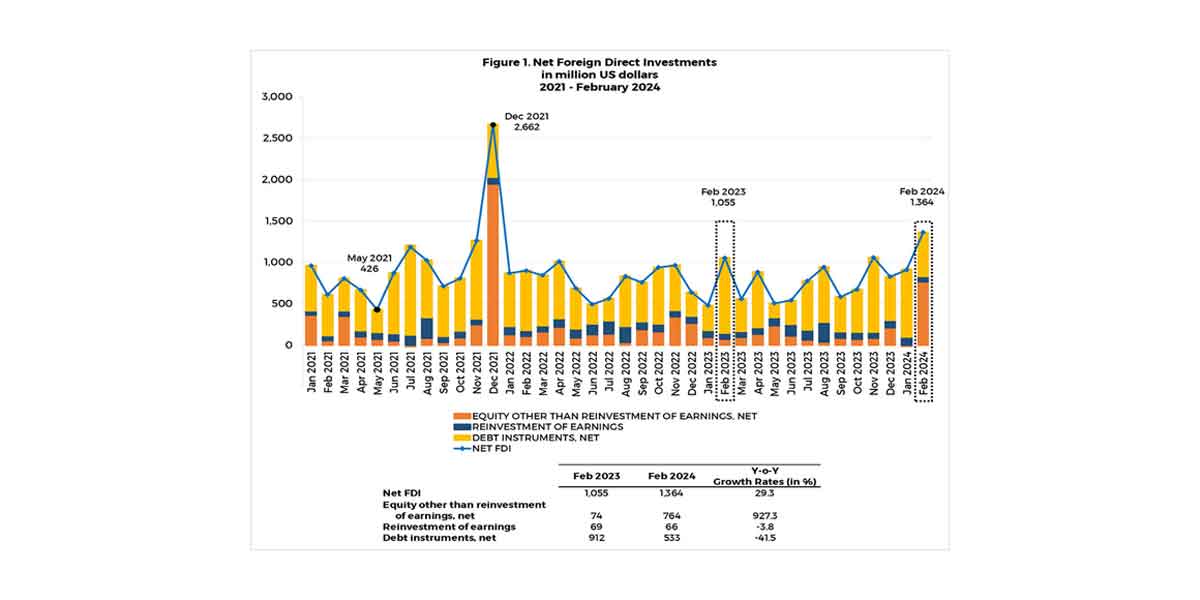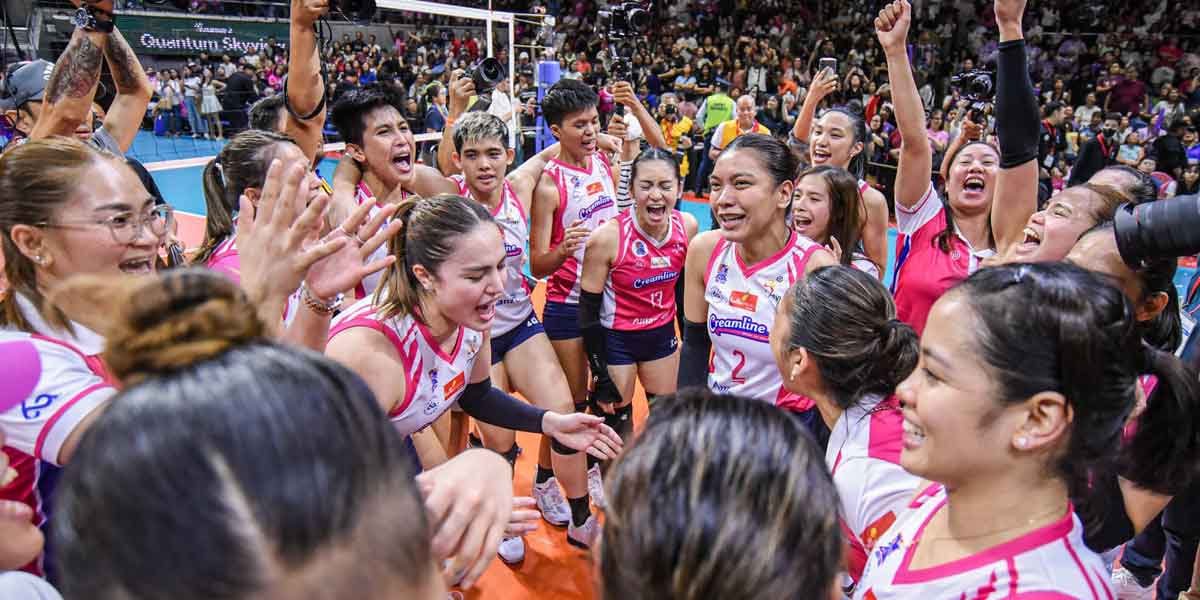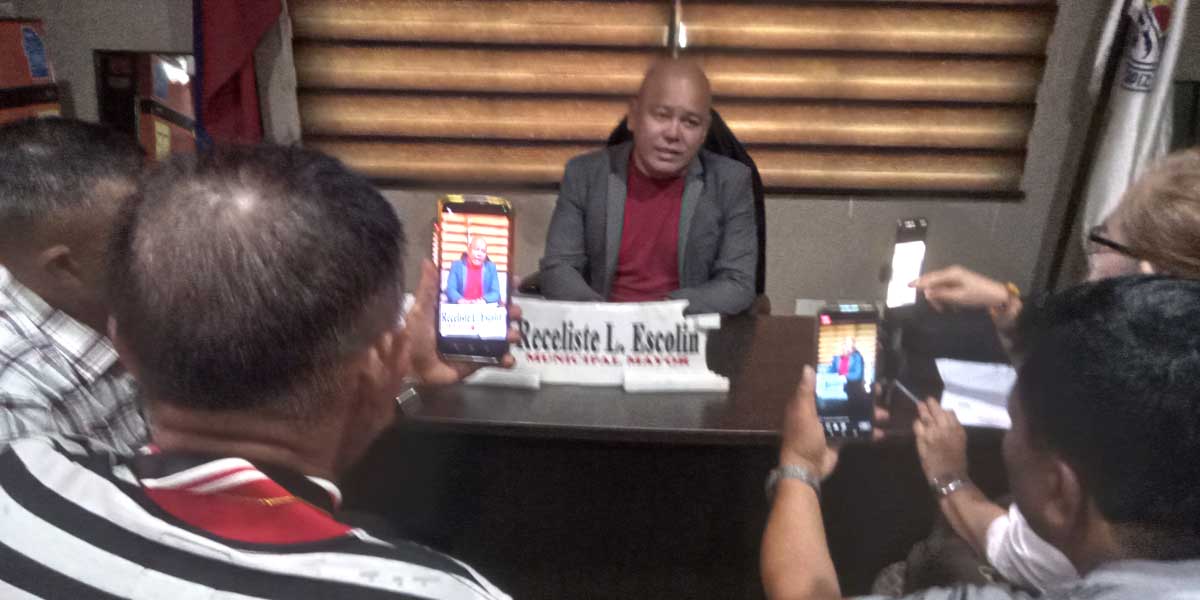 By Engr. Edgar Mana-ay
By Engr. Edgar Mana-ay
The Philippines is now exactly one year on COVID-19 pandemic situation. As the pandemic wears on, there is news from other parts of the world that there are people claiming the virus has infected them twice! Experts are now trying to determine whether these reports are indeed legitimate re-infections or long-term effects of the disease. The Centers for Disease Control and Prevention states they are investigating claims of re-infections, but only those that occur more than 90 days apart.
In the U.S., several states have reported cases of re-infection including 120 in Washington State. Health experts say these occurrences are RARE and must be proven by genetic testing to ensure slightly different viruses caused the re-infection, and so far, only a handful have been confirmed. A case study published in The Lancet revealed a 25-year-old man in Washoe County Nevada, suffered two episodes of COVID-19, one in April and the second at the beginning of June. Genetic testing showed the viruses that caused his two bouts with COVID-19 were different, so it was not a case of one prolong illness. In fact, the second time around, he had a worse outcome from the disease. Researchers said, while infection with SARS-CoV-2, the virus that causes COVID-19, does illicit an immune response, it is not known yet why some people are still susceptible to infection. As for the moment, lack of knowledge about the novel coronavirus makes it difficult to predict how the human immune system will respond, even if antibodies are present to combat the disease. The Nevada incident was not isolated as another distinct case of re-infection was noted in South America. That person was reportedly sicker the second time around.
According to the World Health Organization, the understanding of the immune response is that the majority of people who are infected mount an immune response within a few weeks of infection. But it is still a learning process how long the antibodies last. So far, WHO data shows the immune response lasts for “several months.” Antibodies that provide protection against COVID-19 may be viable for months after infection, according to a new research from Iceland. Scientists measured the levels of SARS-CoV-2 antibodies in the blood of approximately 30,000 study participants, including 1,200 who tested positive for the virus and recovered. They found that 91.1% of those who have recovered from COVID-19 had antibodies against the virus “months” after infection.
According to health magazine Nature, those protective antibodies against SARS-CoV-2 did not decline within 4 months of diagnosis. However, IF re-infection is possible, then experts say this will have a dramatic effect on achieving herd immunity. “EVEN with a vaccine to contain the spread of the virus, people might get antibodies to the virus and then lose them,” said Dr. Jeffrey Shoman, a professor of Environmental Health Sciences at Columbia University Mailman School of Public Health, who is investigating the possibility of re-infections. He cited the 1918 flu that came back repeatedly, but lost some of its impact because people eventually developed some resistance to the virus. Hopefully, a vaccine will have a similar effect and help people buildup a tolerance to COVID-19. But until scientists have more answers, Shoman suggests people who have been infected continue to wear a mask and observe social distancing.
The COVID-19 vaccines from Pfizer and Moderna claim to be over 90% effective in preventing disease, but experts say you should still wear a mask even if you are inoculated. That is because the pharmaceutical companies tracked people who became ill after they got vaccinated in clinical trials, and not asymptomatic individuals. Research shows that as many as 30% of people with COVID-19 show no symptoms and could be silent spreaders. According to Michal Tal, an infectious disease specialist at Stanford University says: “a lot of people are thinking that once they are vaccinated, they’re not going to wear a mask anymore”, adding it is critical people continue donning face coverings since they still would be contagious.
Another reason to be cautious is intra-muscular vaccines, like the Pfizer and Moderna candidates, stimulate the entire immune system to produce antibodies that pool throughout the body and might NOT deposit enough antibody warriors in the nasal passages where the virus likely enters and spreads. Nasal, mucosal vaccines are superior to thwarting respiratory viruses. Experts say the next generation of COVID-19 vaccines should be more targeted to producing immunity in the nose and the rest of the respiratory tract. Hence the present generation of vaccines WILL NOT be the answer to the COVID-19 pandemic YET. Dr. Callander of Memorial Hermann Houston Hospital stressed the need to continue precautionary measures such as wearing masks and social distancing until the vaccines become widely available to develop immunity in significant numbers of the population.
The continuous pandemic related restrictions and regulations to the populace is expected to prevail the whole year of 2021. These extra careful and compliant behavior imposed by the government on us, results in what we call “pandemic fatigue”. Many individuals are now emotionally tired of the do and don’ts, that they are beginning to feel less vigilant in protecting themselves and others from COVID-19. But there is a more dangerous form of pandemic fatigue, a feeling by many that government restrictions and limitations have infringed upon their purpose of living. And so, they prefer living a LESS safe life which they find meaningful rather than a “meaningless” life with all the restrictions. Such individuals are experiencing a crisis of meaning. They would express this such as: “If I can’t go to work and provide for my family, then what’s the point of it all” or “life without socializing is not a life”, or I’d rather get COVID than not spending time with my children or my Church”.
Adding meaning to one’s life is more of an emotional and spiritual pursuit. We have to add flavor to our life and the flavoring agent is meaning. Meaning is not to be discovered but rather to be fashioned and discerned. The simple act of doing something, anything can be meaningful if you allow yourself to draw meaning from the action. The best tool in curing the crisis of meaning is RADICAL ACCEPTANCE – which involves recognizing the situation and accepting the reality fully. This is where the religious have a distinct advantage because thru prayers they can bring their burden to God and gain inner peace. Acceptance is followed by deep calmness and a sense of liberation and freedom. For according to Ida R. Wylie: “We must accept life for what it actually is – a challenge to our quality without which we should never know of what stuff we are made, or grow to our full stature”.



